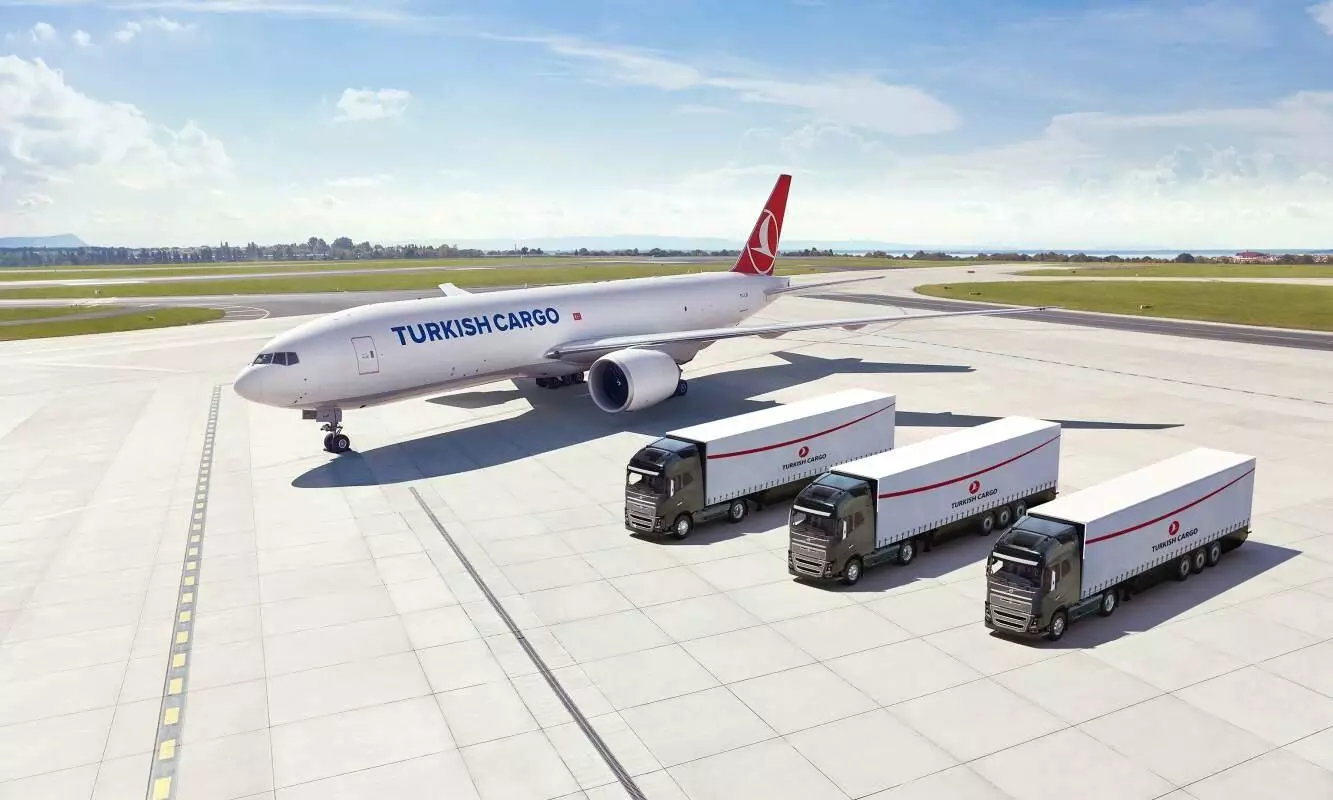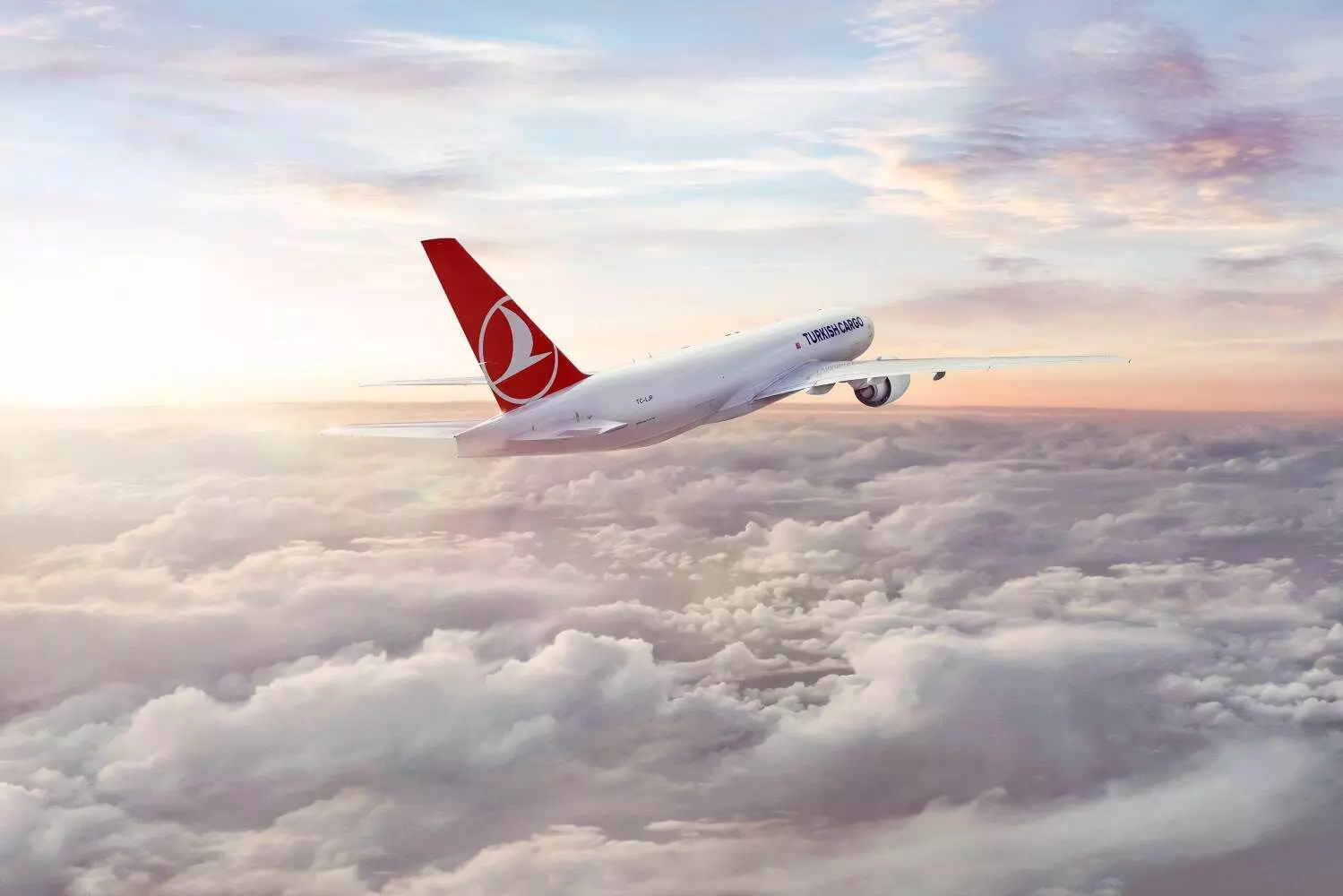
Turkish Cargo soars globally with strategic alliances
Amid challenges, Turkish Cargo triumphs, forging global connections and expanding its narrative.

In the dynamic realm of aviation, Turkish Airline, based in Istanbul, is expanding its global footprint by enhancing operational capabilities and forming collaborations with global carriers to bolster its worldwide network. This report delves into recent partnerships, examining how these alliances have played a pivotal role in fortifying its operational framework, particularly in light of the airline's remarkable financial performance, cargo operations, and strategic expansion plans.
Turkish Airlines, in stark contrast to the economic challenges faced by its home country, posted a substantial $959 million profit in 2021, even amidst the height of the pandemic when air travel was largely restricted. This marked a significant turnaround from the $836 million loss reported in 2020. The airline's profitability persisted in 2022 and Q1 2023, despite Turkey's unprecedented inflation.
The airline's cargo division, Turkish Cargo, has emerged as one of the world's fastest-growing cargo carriers, Turkish Cargo's global prominence was highlighted in the International Air Transport Association (IATA) data from May, where it secured the third spot among the world's leading air cargo carriers. According to the data released by the airline for the January to November 2023 period, cargo/mail carried decreased by 2.8% during this period, amounting to 1.50 million tonnes, down from 1.54 million tonnes in the same period in 2022. However, cargo operations saw an 11% increase in November 2023, with 153.5 thousand tonnes transported compared to 138.3 thousand tonnes in the same period in 2022.

To further expand its collaborations, Turkish Airlines Group has inked agreements with prominent airlines. A recent letter of intent was signed with Vietnam Airlines for Turkish Cargo, aiming to broaden the network in the Asia region. Additionally, an MOU was established with China Eastern Airlines to enhance cooperation, particularly on flights between Shanghai and Istanbul. Another significant agreement involved Riyadh Air, the second flag carrier of Saudi Arabia. In April 2023, Turkish Cargo solidified collaborations by signing MOUs with Avianca Cargo and DHL Global Forwarding. The agreements outline DHL Global Forwarding's utilization of Istanbul Airport's SMARTIST mega cargo facility, operated by Turkish Cargo, as a key international hub, anticipating a significant upswing in air cargo throughput via Istanbul.
Looking ahead, Turkish Airlines aims to expand its freighter fleet in the next five to ten years. Chief Cargo Officer Turhan Özen revealed at a Brussels Airport summit that the airline currently operates a mix of leased and owned freighters, with a long-term strategy to transition to new owned freighters. According to Turkish Cargo, the company currently operates 24 freighters, including 12 A330-200F, 8 B777F, 2 B747-400F, and 2 A310-300F, in addition to utilizing belly cargo capacity in its fleet of over 400 passenger aircraft.
In conclusion, Turkish Airlines' strategic partnerships, robust financial performance, and ambitious expansion plans position it as a key player in the global aviation market. The airline's adaptability and forward-thinking approach reflect its commitment to sustained growth and operational excellence.


